Part #2: RenAIssance of Social Cause; Technology, Policies & Unity of Thought: "The Automation Effect."
By: Daniel R. Munro M.B.A.

The purpose of this article is to illustrate the correlations between historical periods of revolutionary change. Using the leading research data, industry experts, and academic resources, I have attempted to paint a concise and accurate representation about the future of Technology, Policies & Unity of Thought as a result of "The Automation Effect."
Whatever stage you are at in life, or environment from which you are product of,
few could deny, this is truly an incredible time to be alive.
We are in the midst of a New RenAIssance of Social Cause;
Given the innovative mindset which has come to define the very nature of American culture, it is hard to argue that any form of ideology could possibly be seen as detrimental to the future of humanity. Whenever I ask my clients what they think about Artificial Intelligence (AI), Automation Technologies, a growing number have been expressing concerns about capricious policies related to digital privacy and a lack of fidelity for middle-class trade service and skilled labor related jobs in the coming years.
While modern technology empowers us with abilities that would have seemed inconceivable even a century ago, it has continued to develop with such rapid succession over the past decade or two that many parties have grown concerned about what unforeseen impacts on the future could be tragically overlooked by policymakers in their pursuit for rapid progress. While technology allows us overcome the obstacles of time and space (e.g., airplanes, cars, the Internet), one would think that these tools could be used to gain an understanding of other cultures, meet people all over the world, maintain and strengthen transcendental relationships, easily maintain communication with friends and family, and help people to become more socially adept.
Society in specific segments throughout history, has seen consistent periods of uncertainty and volatility leading up to existential cultural progress:
- Agrarian/Agricultural Revolution
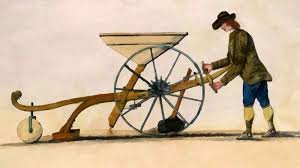
The Agrarian Revolution brought us mass scale farm-based economies and trade, as well as irrigation systems such as the Roman aqueducts. This subsequently resulted in one of the first developments of fiscal policy.
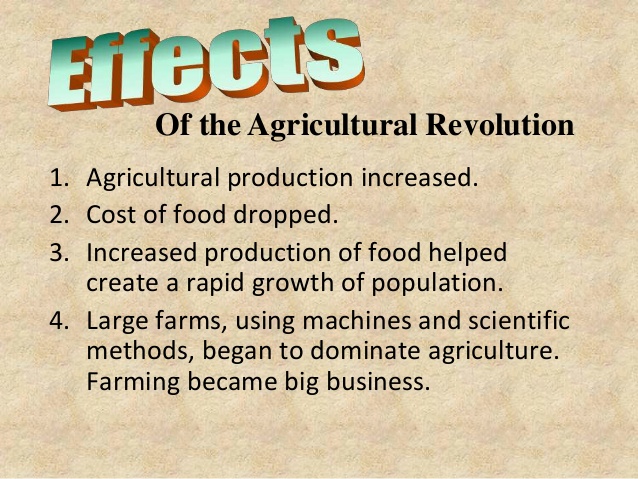
- Industrial Revolution.
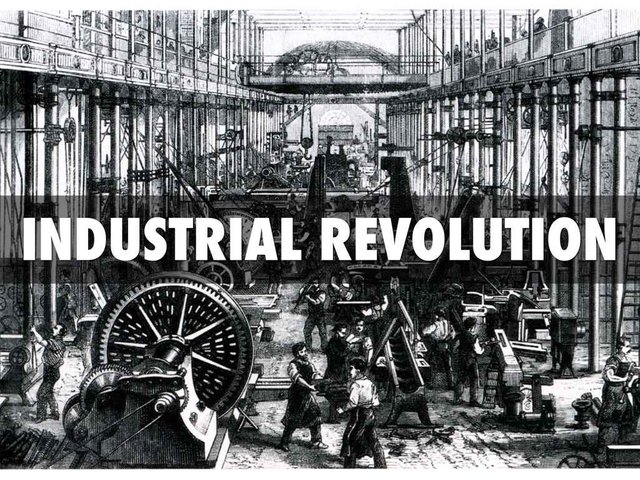
Next was the Industrial Revolution. At the most basic level, Industrialism was embodied by the succession of breakthrough inventions, such as; the steam engine, the cotton gin, railroads, and so on. More broadly, the Industrial era refers to an epoch where economic production shifted from micro-scale, relatively localized production based on individual skills and craftsmanship by artisans to macro-scale, centralized production that incorporated heavy, mechanized machinery, as well as mass numbers of wage workers and unionized parties.
The most recent era of global development occurred during the first half of the 20th century. This was a period in which the economic center was dominated by science-based technologies, particularly those related to steel, chemicals, the internal combustion engine, and electricity, such as automotive technologies and petroleum-based industries.
- Technology Revolution:
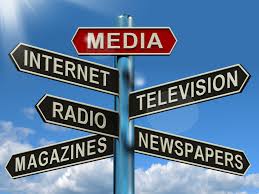
The underlying point that I am attempting to illustrate with all of this is that I believe we are in the cusp of a new “Digital” Revolution, hinged upon information technology.
Similar to previous eras of revolutionary advancement throughout history, the sweeping innovations and changes in civil policy that followed have always been faced with profound social disruptions, as individuals and groups readjusted their place in society.
Comparably, sequential cycles of technological adoption have been marked by booming economic growth followed by periods of sharp decline.
As these innovations and processes took root in society, the social dislocations played themselves out, and finally, as the growth opportunities inherent in new technologies exhausted themselves, people were ultimately able to adapt to and thrive within a new, more progressive way of life.
The American public anticipates that the coming half-century will be a period of profound scientific change, as inventions (once confined to the realm of science fiction) come into common usage.
In terms of our incumbent era of automation, it is important to understand the Diffusion Cycle:
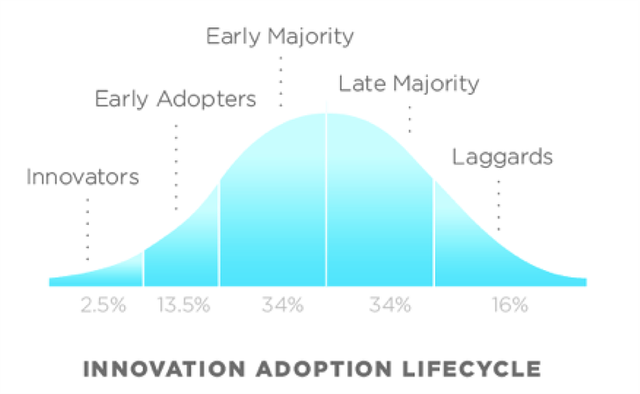
Diffusion can be defined as the cumulative or aggregate result of a series of individual calculations that weigh the incremental benefits of adopting a new technology against the costs of change that may result. It is a communicable representation of mass-scale adoption, expressed in terms of modern economics.
The diffusion cycle is, and has always been an immutable force of human nature that no amount of perpetual logistics or speculative modeling can evade.
When more technical or divisive substitutes for efficiency or convenience are brought into the picture, there will always be a learning curve for individuals who've been taught to do things a certain way and, as inherent creatures of habit, become hesitant to learn and adopt a newly developed technique or methodology. Pride and collusion are often the biggest inhibitors of advancement. This unfortunate truth, may strongly contribute to the distress, indignation, and upheaval during times of acquiescent progress.
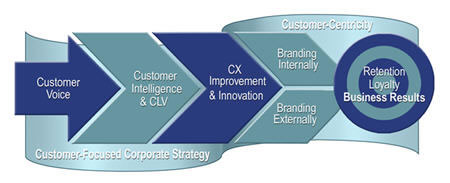
We exist within an environment characterized by uncertainty about the future, and as the majority of people remain inhibited by either a lack of interest, or limited access to information about both the benefits and costs of new innovations, many of whom may benefit the most from a new technology may remain completely oblivious to its very existence until its applications have been overbearingly saturated.
The ultimate decision as to the viability of new technology is made on the demand side. However, the benefits and costs have historically been influenced by a suppliers' decision to apply, adapt and advance the methods and make modular developments that are tailored to their own competitive interests.

"Hello World"
- Welcome to The "Digital" Information Technology Revolution.
This is among the main findings of a new national survey by the Pew Research Center and Smithsonian magazine, which asked Americans about a wide range of potential scientific developments—from near-term advances like robotics and bioengineering, to more “futuristic” possibilities like teleportation or space colonization. In addition to asking them for their predictions about the long-term future of scientific advancement, they were also asked to share their own feelings and attitudes toward some new developments that might become common features of American life in the relatively near future.
Overall, most Americans anticipate that the technological developments of the coming half-century will have a net positive impact on society.
Some 59% are optimistic that coming technological and scientific changes will make life in the future better, while 30% think these changes will lead to a future in which people are worse off than they are today.
Many Americans pair their long-term optimism with high expectations for the inventions of the next half century.
Pew Research Center provides the following data:
Fully eight in ten (81%) expect that within the next 50 years people needing new organs will have them custom grown in a lab, and half (51%) expect that computers will be able to create art that is indistinguishable from that produced by humans.
On the other hand, the public does see limits to what science can attain in the next 50 years. Fewer than half of Americans (39%) expect that scientists will have developed the technology to teleport objects, and one in three (33%) expect that humans will have colonized planets other than Earth.
Certain terrestrial challenges are viewed as even more daunting, as just 19% of Americans expect that humans will be able to control the weather in the foreseeable future.
At the same time that many expect science to produce great breakthroughs in the coming decades, there are widespread concerns about some controversial technological developments that might occur on a shorter time horizon:
AI Automation & The Job Market. (Tech Republic)
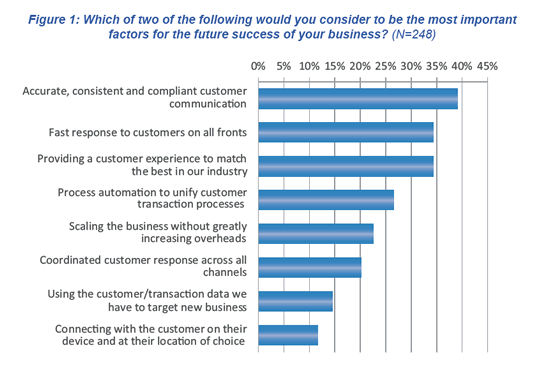
Professor Wojciech Kopczuk of Columbia University, an economist who has written extensively on the topic of income and wealth inequality, said we are witnessing a polarization of the workforce.
"The lower part of the income distribution becomes more condensed, the middle becomes closer to the bottom and the top runs away," he said.
"I think this has a lot to do with technology because we're talking about a lot of workers who are not sufficiently skilled to take advantage of the technology."
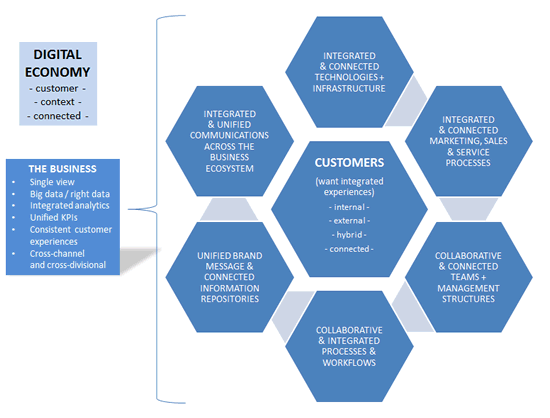
The argument that automation will worsen inequality is sometimes rejected on the grounds that business owners won't act against their own interests. The reasoning goes that if business owners impoverish their workers they undermine those workers' ability to buy goods and services from that business.
However, Dr. Kopczuk claims that this argument is undercut by there being no simple mechanism for employers to collude to keep workers employed and well-paid in this way.
"It's a very old argument. I think I would associate it with Henry Ford, 100 years ago. You pay your workers so that they can afford to buy your cars."
The problem with that argument is twofold, he said, it requires employers to overpay workers and there is no guarantee that workers will use this additional wealth to buy that same employer's goods.
"So you'll be overpaying them to afford a lot of other things and not just your own. The economics of it doesn't work unless you think of somehow everybody coordinating. All business owners coordinating to overpay so that everybody benefits. But that coordination is virtually impossible without government intervention."

For More Information Visit: https://www.bovipros.com/